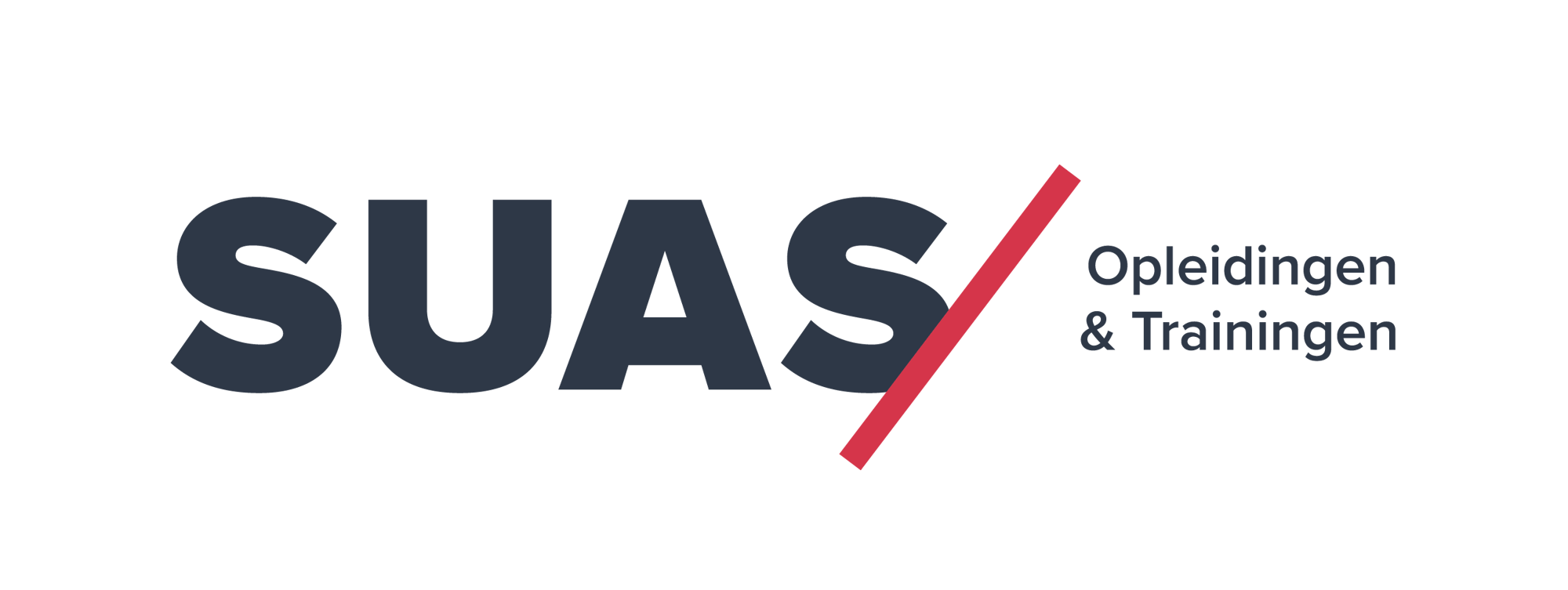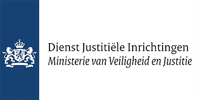The energy supplier for the business market had faced several challenges in recent years. Due to the energy transition and new regulations, the market had changed considerably. The company was also growing rapidly. This also meant the needs of employees were changing. To manage all these factors well, the executive board decided to professionalise the personnel policy. However, the question was: where should the new HR advisor start?
Work perception research
A work perception survey gave insight into what employees perceived as the biggest problems. Since the first measurement in 2016, every two years MAIN Energie asks about things like: What is going well? What could improve? Where do employees feel that energy is being sapped in the work and how can this be prevented?
‘But the real challenge is to maintain that satisfaction during growth. Then we are doing well.’
More challenge at work
One of the energy-sappers was found in the commercial office. The work of these employees largely involved routine and administrative tasks. They therefore did not experience much challenge in their work. An important point of attention, because this team largely determines customer satisfaction.
'As an employer, we need to prevent employees leaving the company because they are not challenged,' says Moese, who has been HR advisor and prevention officer since 2017. One of the measures is the automation of standard processes to reduce that administrative pressure.
'This creates more opportunity for actual customer contact, which employees find more enjoyable. We also swapped jobs around in the team. Because they are doing new things, they experience more of a challenge again.'
More feedback please
Want to talk to your manager about his behaviour? Many of us find that hard, but a manager who is difficult or who communicates poorly can affect your happiness at work. 'People tend not to come out with it themselves. However, they are often prepared to say something if you explicitly ask them,' says Dennis Ostendorf, Commercial Director at MAIN Energie.
Latent dissatisfaction about the leadership which appeared from the work perception survey was therefore an important signal. Employees needed less directive leadership, more autonomy and more feedback.
MAIN effectively tackled the last point by amending the appraisal system. More conversations which address the employee's personal (development) goals in more depth. Ostendorf: 'Managers help connect these better to our corporate goals. This makes employees feel more part of the organization.'
A different type of manager
Adapting the leadership style was less easy. In particular, the sales team wanted less direction and more scope for their own decisions.' 'In the past, our salespeople used to go from door to door. In that situation, a directive leadership style was appropriate and important for our success,' Ostendorf explains. 'But as a result of the changing market, the role of the salesperson moved towards consultative sales. And that requires a different type of manager.'
The organization took decisive action, replacing some of the sales managers by more facilitating managers. That was necessary, Ostendorf emphasizes: 'Otherwise, such a change can take too long. That might sound hard, but that is the strength of MAIN. If necessary, we take the right decisions.'
Away day for the whole company
Another challenge was the transparency of the management. In other words: the MT had insufficient insight into what was happening on the work floor. And conversely, the work floor had little insight into what management was doing. Interesting results, says Ostendorf. 'The funny thing is that I have never worked in such a transparent company as MAIN Energie, but for people who have been here a long time, there cannot be enough transparency.'
For that reason, the information provision in the organization was tackled. Via an activities calendar and informative sessions, employees and management keep each other informed. They say what they see in the market, what they are doing and what results they are achieving. The result: more insight into the strategy and goals of the organization and cross-fertilization between departments.
Also on the calendar: the strategy day. An 'away day' when the entire organization can discuss the future of MAIN Energie. Ostendorf: 'Teams also check what trends in the energy market mean for their own department and jobs. This mainly involves a sense of awareness: so much is changing so quickly. Five years ago, we could never have imagined how much is now automated. People can now help decide about the organization's direction. That increases their involvement.'
And… what are the benefits?
The results of all these investments are the proof. Enthusiasm rose from 13 to 27 percent. Employees get into a better flow in their work. The leaders also saw their ratings rise. The average rose from 6.1 to 7.1 in 2018. Employees now experience more support from their manager.
Apart from the figures, there are also tangible results. 'The willingness in the company to keep pace with the changing world around us has become more natural,' Ostendorf explains. 'And we also get more input from our employees to strengthen our strategy with extra services for our customers. Another product of the cross-fertilization mentioned earlier.'
Moese and Ostendorf are delighted with the results. But they are not there yet. '‘Employees now give us a 7.8 rating as an employer. Our goal is to get at least an 8 from our employees. The same target figure as our customer satisfaction, says Moese. 'But the real challenge is to also retain that satisfaction during growth. Then we'll be doing the right things.'












